Guts UK
Henry Hudson, 14, from Kent, was diagnosed with pancreatitis at just 12 years old. Here Henry and his mum, Sarah, tell us how pancreatitis has affected their lives and how Guts UK has helped to support them through the many challenges they have faced
Henry Hudson was enjoying a family holiday in Cumbria in 2019 when he started to get severe pains in his stomach. “By lunchtime I could barely walk and was doubled over in pain,” he remembers. This was not the first time Henry, now 14, had experienced such an attack. “I had started to get stomach pains 18 months before, when I was 11 years old. They would last around 3-4 hours and then mysteriously go away. Despite two trips to A&E, a GP appointment and two paramedic call-outs, my parents were told it was probably indigestion.”
Thankfully, on this occasion Henry’s mum, Sarah, took him to the local minor injuries unit, where he met with a paramedic who recognised his symptoms. He was rushed by ambulance to hospital, where a blood test and ultrasound showed he had pancreatitis – inflammation of the pancreas. After returning home, Henry went to see a consultant at his local hospital to discuss treatment. He was referred to a specialist team he would see every six months. He also saw a dietitian who explained that, because his pancreas was still producing enough enzymes to digest food, the best way to maintain his pancreas’s ability to produce these enzymes was with a strict low-fat diet.
Sarah says: “We were so relieved to finally get a diagnosis for Henry. However, it was a long process to really get our heads around it. We didn’t know a lot about the condition so my husband Matthew and I did a lot of research.
“Around six months after his diagnosis, Henry had tests that showed he has the Spink 1 gene, meaning he has hereditary pancreatitis. The gene means Henry is more likely to get attacks than someone without it. “We found out there was nothing that could be done about it and it was a degenerative condition. The consultant said they were just monitoring his pancreas until he needed to go on lifelong medication. They spoke about the possibilities of type 1 diabetes, future surgery and what might happen when the pancreas stops functioning altogether, which was very scary.”
Henry now experiences attacks around two or three times a month. “The challenging thing is we don’t know when he will have one,” says Sarah. “He could go for a month without having one or it might be just a couple of days. When he has an attack, he has to fast for 24 hours and rest. “The amazing thing that came out of Covid for us was that the doctors
“I WANT MY SON AND ALL THOSE AFFECTED BY PANCREATITIS TO HAVE A BRIGHT AND HEALTHY FUTURE, SO FUNDING THE RIGHT RESEARCH AND RAISING AWARENESS ARE THE MOST IMPORTANT THINGS ”
started looking into us having Henry at home when he has an attack – as long as he is managing the pain and can keep his fluids up – rather than us coming into hospital every time. For us that’s life changing as it means, while he will still be fasting and in pain, Henry can be at home in his own bed.”
For Henry and his family, living with a diagnosis of pancreatitis has been challenging. Henry says: “Though the regular pain is tough to deal with, the hardest part for me is missing school and fun trips because of pancreatitis. I also can’t eat lots of things I used to love, like pizza and chips. When I am out with friends, I have to remember to take a packed lunch and I don’t go to restaurants with my family any more. “It’s also really difficult not knowing when I will get an attack or what triggers them. I stick to my diet but I still get attacks and the doctors don’t seem to know how to stop them.” Sarah also struggles with her worries about Henry. “He is so stoic and handles the pain like a trooper, but the pain is severe and full on at times and for a child to manage that is just horrible,” she says. “Henry likes to go on school trips and wants to go on a ski trip next year abroad, which is scary for us because any attack can be serious.”
One source of support for the family has been the charity Guts UK, which Sarah came across shortly after getting Henry’s diagnosis. “I was spending every spare hour trying to find as much information as I could, and I found them on an internet search quite quickly. It was the first time I was able to find information specifically on the condition affecting children. It was life-changing to me to suddenly know there was support available. “I rang the charity immediately to see what information they could give me, and they have been amazing ever since. They were the first ones to suggest Henry needed to see a dietician and they highlighted to me where our nearest specialist unit is, where we now go every six months. They also gave me access to the National Institute for Health and Care Excellence (NICE) guidelines to see what support Henry was entitled to. Guts UK has linked us up with other families with children with pancreatitis. We can share experiences and stories and feel that we’re cared about and supported.”
“HENRY IS SO STOIC AND HANDLES THE PAIN LIKE A TROOPER, BUT THE PAIN IS SEVERE AND FULL ON AT TIMES AND FOR A CHILD TO MANAGE THAT IS JUST HORRIBLE”
The charity raised money in the Candis Big Give to fund a future pancreatitis Priority Setting Partnership (PSP), which will bring patients, carers and health professionals together to decide their top priorities in pancreatitis research. “I was struck by how invested they are in funding research and their focus is on bringing together the medical community and patients. If the doctors we saw had known to do a simple blood test for the enzyme amylase earlier, Henry could have been diagnosed sooner, so I am passionate about highlighting the need for this among the medical profession.
I want my son and all those affected by pancreatitis to have a bright and healthy future, and funding the right research and raising awareness are the key things to making this happen.”
GUTS UK
GET TO GRIPS WITH PANCREATITIS
TOTAL RAISED: £10,882
Pancreatitis is a painful and potentially life-threatening condition causing the pancreas (a gland that sits behind the stomach) to become inflamed. It affects over 30,000 people in the UK every year and around 1,500 will die of the condition. Guts UK is using the money raised in the Candis Big Give to fund a future pancreatitis Priority Setting Partnership (PSP), which will bring patients, carers and health professionals together to decide their top priorities in research. This will help researchers understand what people affected by pancreatitis want to know and transform the direction of future research. Guts UK is the only UK charity funding a research fellowship into pancreatitis.
Visit gutscharity. org.uk or call 0207 486 0341 for more information.
WHAT GUTS UK MEANS TO ME
Julie Harrington, Guts UK’s CEO, tells us what she loves about working for the charity and the impact it has – “I started working for Guts UK five years ago – when it was known by its previous name of Core – and knew something needed to change. While the charity was doing fantastic work, I felt we needed a bolder, funkier name that doesn’t shy away from what we’re about. Our research showed that 51 per cent of people with issues affecting their gut will sit on their symptoms for between 6 to 18 months before going to the doctor, because they’re too embarrassed to go for help. I realised we needed to be loud and proud and let people know we were there to help. Since then, we have had over 100,000 people a month visiting our website. We attend events with our fantastic inflatable colon called Colin, which is a favourite part of my job. We have headbands with little poo emojis on and a potty full of jokes and facts. I love using humour to help start a conversation and turn the subject around from one that is stigmatised to one that is accessible and engaging.
We are the only charity funding research into the digestive system from top to tail, covering diseases of the gut, liver and pancreas too, and we have invested £16 million over the 50 years we have been running. I will never forget hearing about the isolation felt by many before or after their diagnosis, so when we are able to give someone the information they need and help them get their diagnosis or manage their condition, or when they tell us they have found their tribe and are feeling empowered, that’s the most rewarding thing. We bring together a powerful community by sharing stories and making connections, which gives us a sense of achievement.”
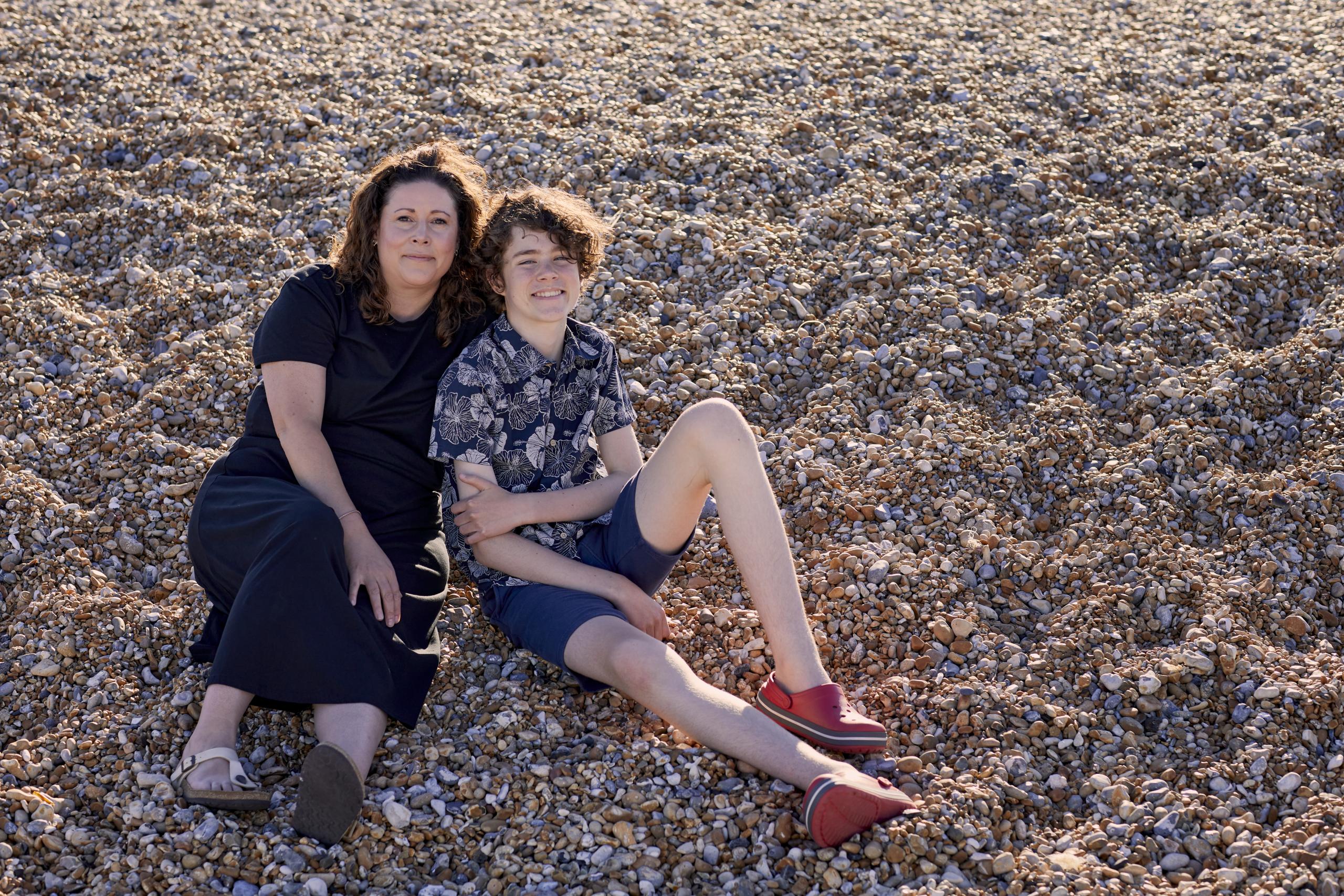
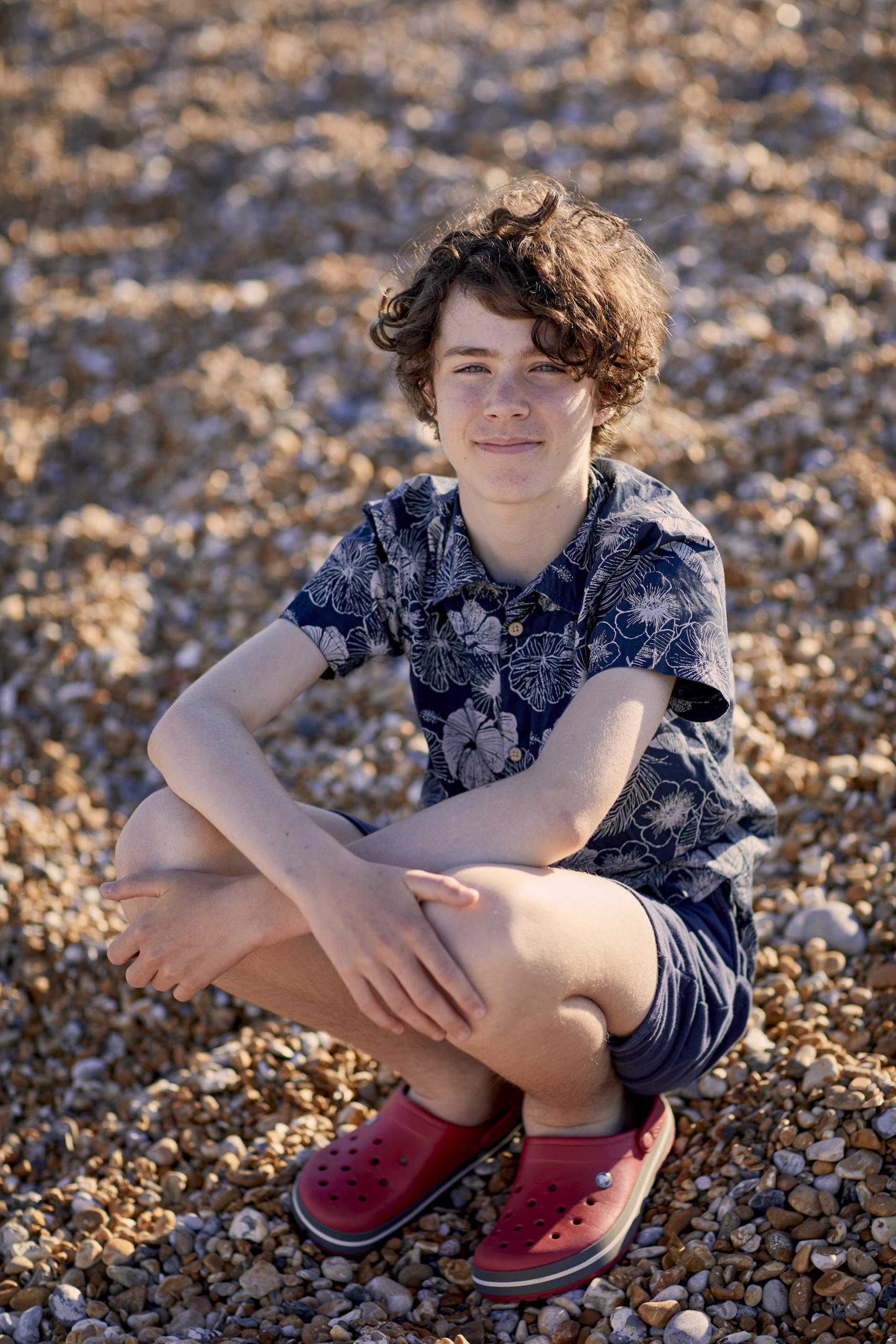
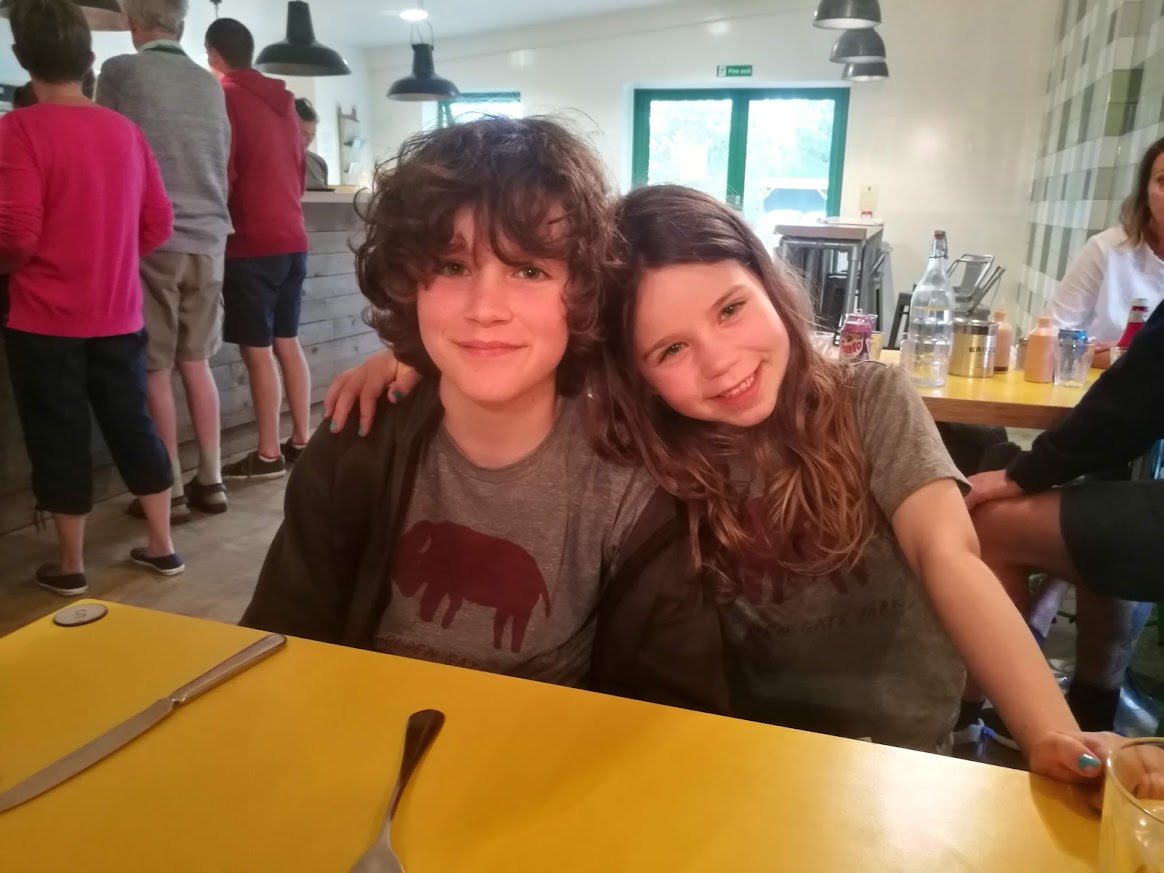
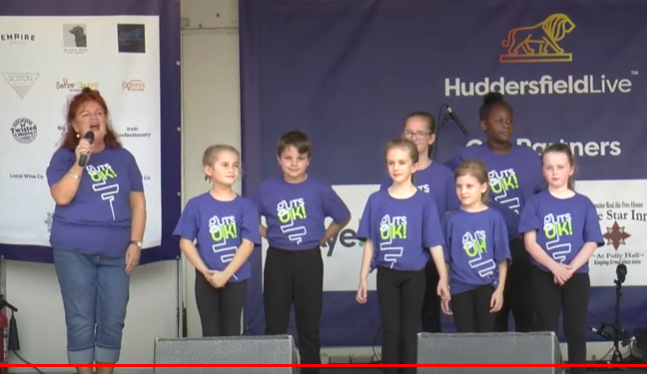

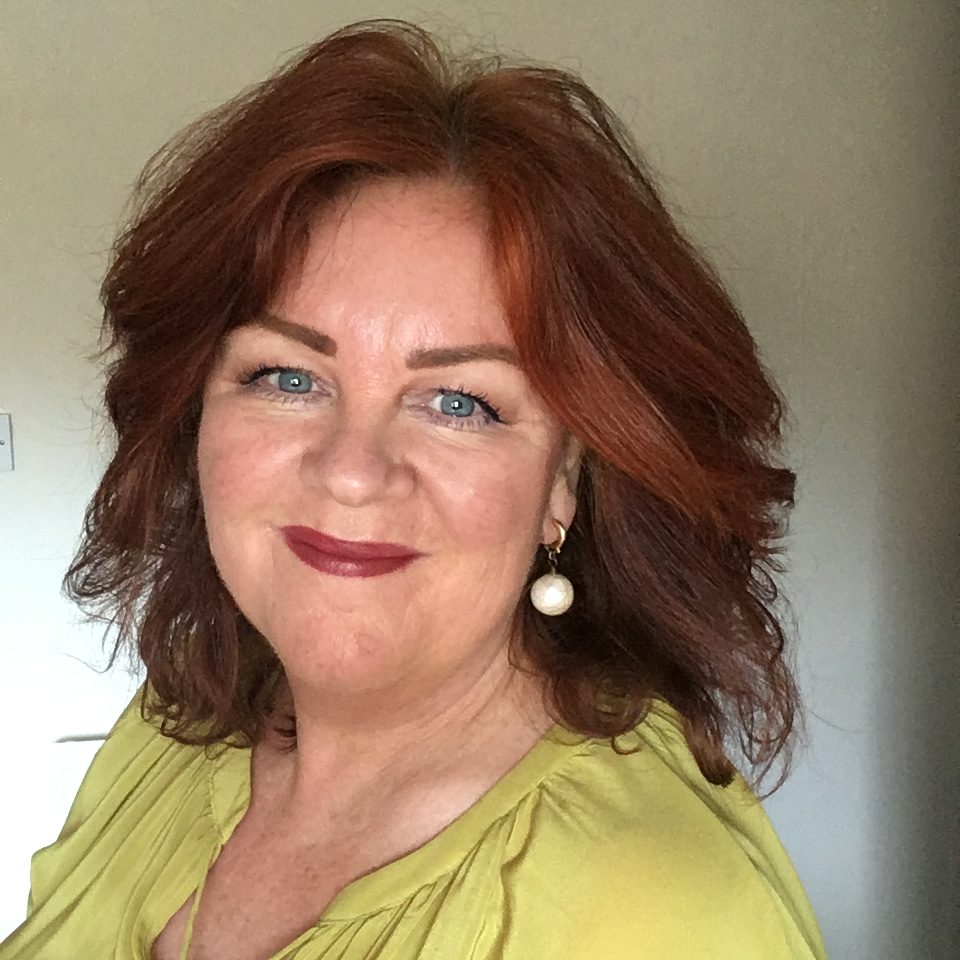

Leave a Reply
Please login or register to leave a comment.